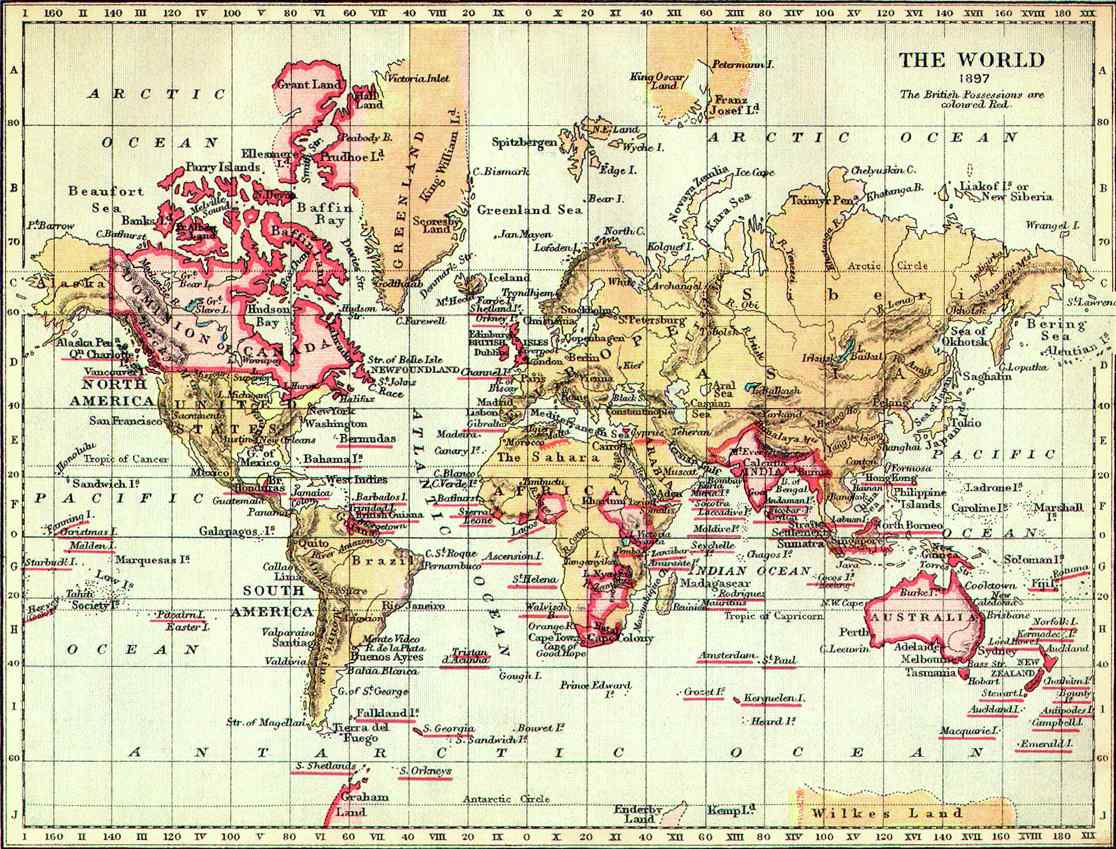A
quick introduction into the Wednesday ?
I
propose using the Wednesday ? on a trial basis over the next few
weeks. The purpose of it, unlike Questioning The Headlines, is to
look at specific words and/or phrases that are used, mainly by those
in power, as a means of short-cutting any criticism or independent
thought.
I
want to highlight these words and phrases, and promote public debate.
This is where you come in. It would be fantastic if you could post
your own thoughts, so that we can de-construct some of the
(inherent?) assumptions contained within them.
“Failed
state”
Last
week's meeting on Somalia looked at the options available to the
international community, in their endeavours to help the people of
this conflict-ridden nation. Somalia has been described as the
“world's
most failed state”.
The
Fund For Peace (FFP) produces an annual index that ranks states
in terms of their “failures”. FFP do not provide a definition of
what constitutes a “failed state”, but list 12 indicators that
they believe make up state failure.
A “failed state” is thought of one
that has lost control of their geo-political sphere, unable to
provide its citizens with the security (welfare, and law and order)
that they need nationally and internationally.
Assumptions
of the “failed state”
A “failed state” does not necessarily
imply that it was once successful. The FFP index demonstrates that
failure is relative to other states. The assumption here is that a
state, much like an individual, is responsible for its plight. Is it?
Little is made of any outside influence
that may have contributed to a state's ability to provide for its
citizens. Outside influences may be other nation states meddling in
the socio-political dynamic, or multi-national corporations using
their economic resources to profit from the political status quo.
According to the FFP index, 14/20 of the
most failing states are African. Many are former colonies, whose
borders were (re)-drawn prior to independence by their former
masters, who failed to take into adequate account the ethnic and
tribal fissures that were already present. Consequently, localism has
to rule in some areas, as the state can not.
 |
| Failed States Index 2005-2010 |
“Failed
state”?
Whilst the FFP index ranks 177 countries
in terms of their relative failures, at what point, and who decides,
which nation is officially a failed state? For instance, North Korea
is ranked as the 22nd most “failed state”. Given that
North
Korea requires food aid to feed to chronically under-nourished,
is it a “failed state”?
Geo-politically linked to Somalia, Kenya
and Ethiopia are rated as being more of a “failed state” than
North Korea. Equally they are seen as not having failed enough, as
both nations contribute to the Amisom forces fighting to oust
al-Shabab from Somalia.
I am not disputing the fact that many
states, like Somalia, need help. I commend the FFP's reasons for
creating this list, but it is unclear as to who chose the factors
that influence “failed states”, and how, or why, these particular
factors were chosen? Were others available but not used?
For example, the UK government produced
its integration
strategy last week deferring power, and control, to 'local'
experts as a means of strengthening law and order amongst the people
it considered “troublesome”. Does this move away from state
control to localism indicate that the UK state is moving closer to
“failing”?
Around the same time, The
Children's Society reported that asylum-seeking and migrant
children are left homeless, hungry and destitute. The UK has a duty
to protect these children regardless of their immigration status. Is
African displacement and famine that far removed from British
homelessness and hunger?
When a state does nothing to protect the
most vulnerable residing within its borders, despite having the
framework and capacity in place to help, is this not a key indicator
of state failure? If not, why not? Because that for me is an essence
of a “failed state”.
Over
to you.

















